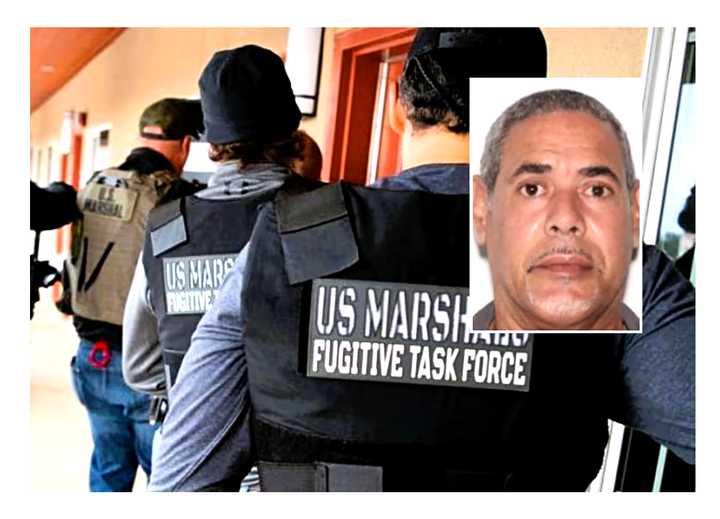Esteban DeJesus, Jr., 56, of Orlando was wanted for shooting and killing his 67-year-old next-door neighbor and wounding her husband the day before the deputy marshals found him.
New Jersey law requires a grand jury review of all deaths that occur during or after encounters with law enforcement.
State investigators had a clear-cut case involving DeJesus, who police in Orlando said attacked the couple next door with a machete before shooting them and fleeing last July 7.
Leonidas Duran was found dead on the grass of the complex. Her husband, who'd been wounded, was in their apartment’s doorway.
Warrants were quickly obtained for the arrest of De Jesus on murder and attempted murder charges.
It didn't take long to catch up with him.
Members of the U.S. Marshals Service NY/NJ Regional Fugitive Task Force found De Jesus on Jefferson Avenue, in the Heights section of Jersey City, New Jersey Attorney General Matthew Platkin said the following day
He ”was subsequently wounded during the arrest and transported to Jersey City Medical Center,” the Orlando police release says. “The suspect ultimately succumbed to his injuries while undergoing treatment.”
As a result, Orlando police noted, “the homicide case has been cleared.”
Both New Jersey law and his own guidelines require the attorney general to review deaths that occur “during an encounter with a law enforcement officer acting in the officer’s official capacity or while the decedent is in custody," no matter what the circumstances are.
Prosecutors presented the results of an investigation by members of Platkin's Office of Public Integrity and Accountability (OPIA) to grand jurors -- including interviews, photographs, ballistics testing and autopsy results.
After deliberating over the testimony and evidence, grand jurors returned a "no bill" -- meaning no wrongdoing by law enforcement was found.
“An officer may use deadly force in New Jersey when the officer reasonably believes it is immediately necessary to protect the officer or another person from imminent danger of death or serious bodily harm,” Platkin has noted.
Click here to follow Daily Voice Kenilworth and receive free news updates.
